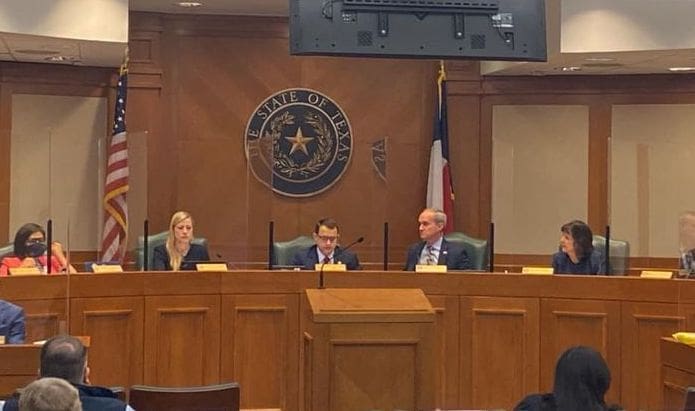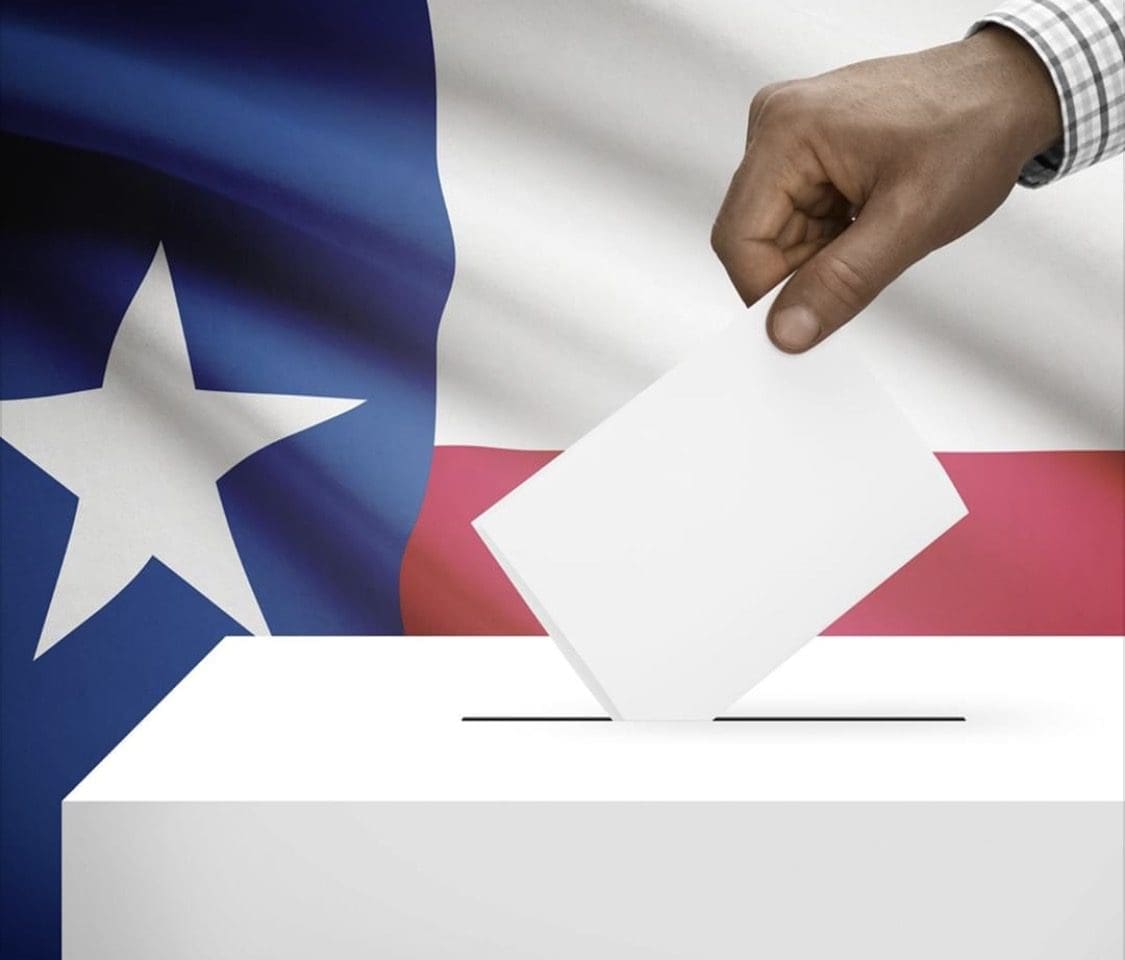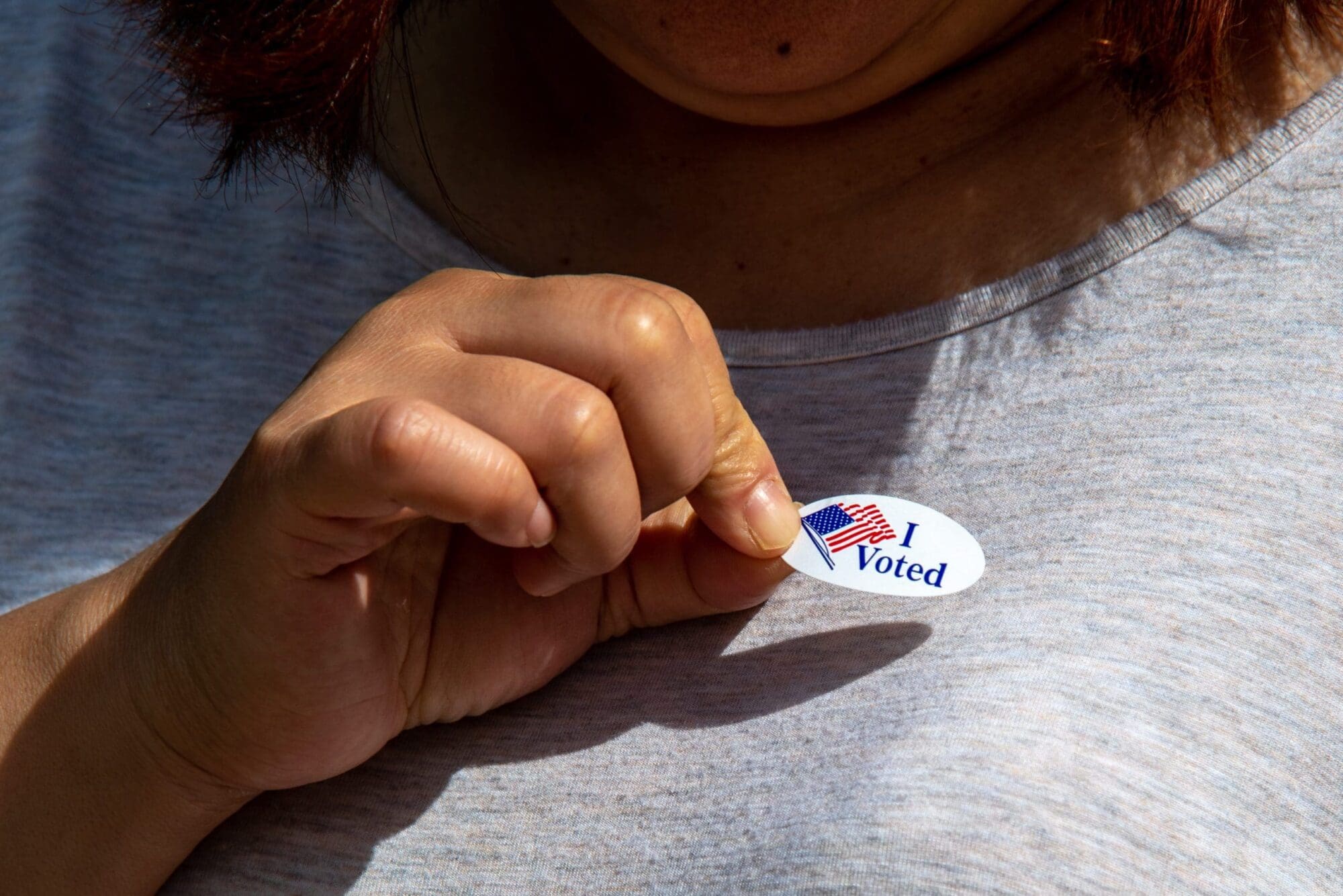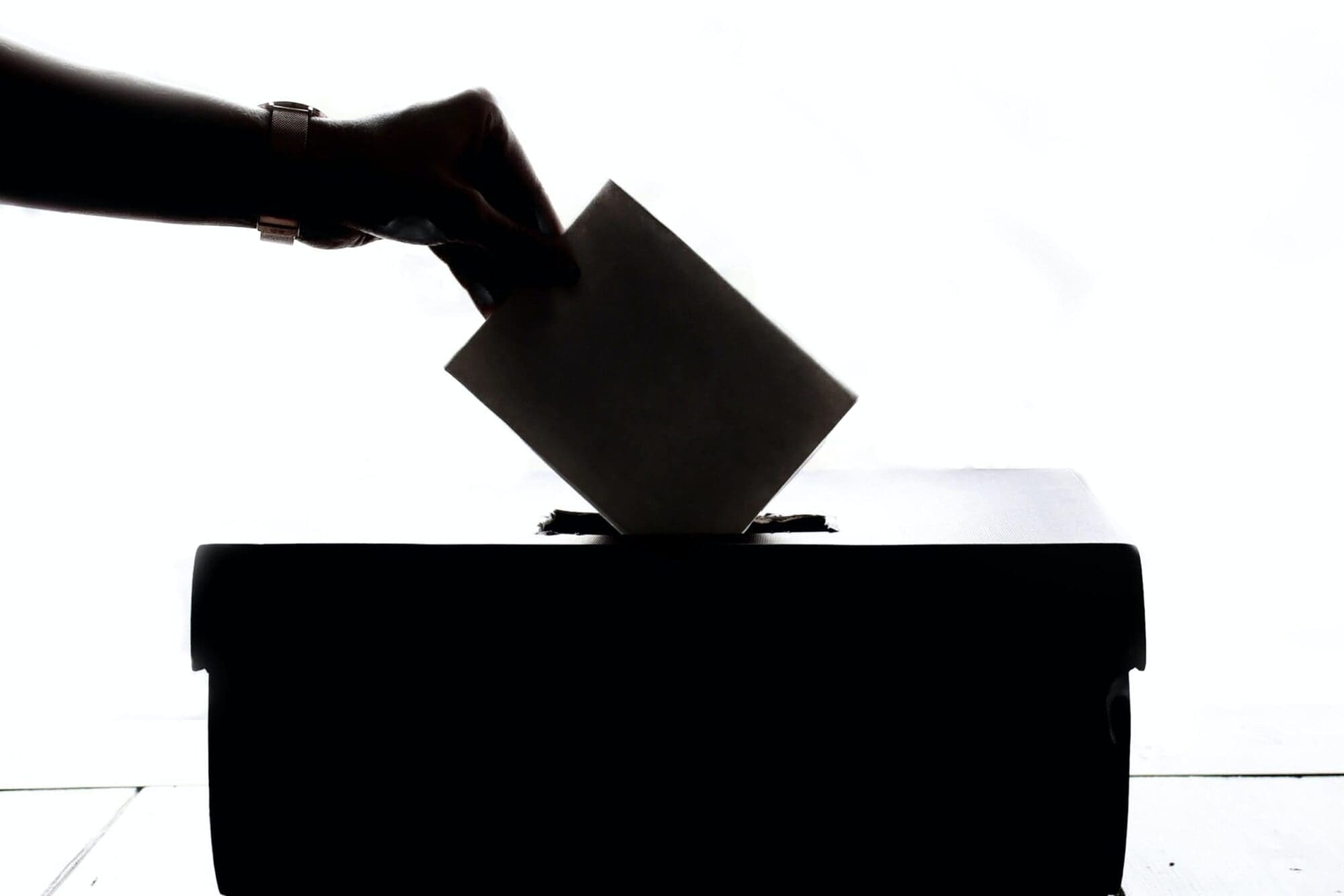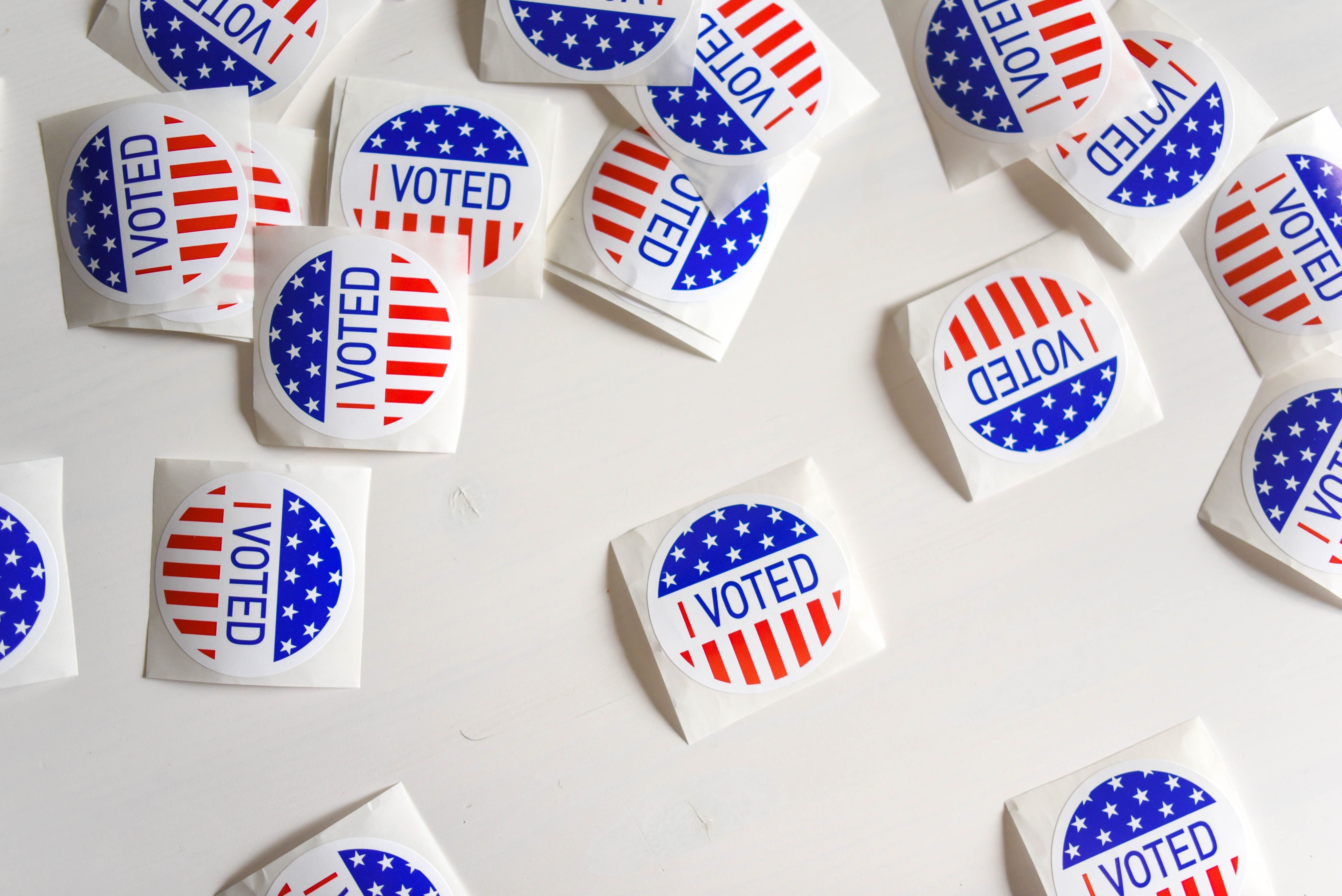Election integrity bills are finally making their way through the Texas Legislature, more than a month after Gov. Greg Abbott gave the priority measures fast-track emergency status.
Both House and Senate lawmakers are off to a slow start. Major election integrity omnibus bills—House Bill 6 and Senate Bill 7—have yet to be filed, just days ahead of the deadline.
And unlike Florida Gov. Ron DeSantis, who took the lead on proposing legislation to secure elections in his state, Abbott has yet to endorse any specific election reforms.
But this week, committees in both chambers are getting to work hearing bills aimed at strengthening the accuracy and reliability of Texas elections.
Texas Republican activists made election integrity a top legislative priority for this session, a concern amplified as election officials used fears about the Chinese coronavirus as an excuse to loosen voting rules in 2020.
Senate State Affairs Committee
On Monday, the Senate State Affairs Committee, which hears election-related bills in the upper chamber, took up its first election reform measures.
Senate Bill 155 by State Sen. Charles Perry (R–Lubbock) adds to current laws requiring officials to maintain and share lists of voters excused from jury duty because they attest they are not a U.S. citizen or not a resident of the county in which they’re registered, in order to identify and remove ineligible voters. SB 155 directs the Texas attorney general’s office to review those lists quarterly and investigate whether anyone on them has committed a voter registration offense.
It’s a violation of both state and federal law for noncitizens to vote or register to vote.
In 2018, prosecutors with the AG’s office confirmed to lawmakers that noncitizens are registering and voting in Texas elections, and testified that procedures for removing ineligible noncitizens from voter rolls aren’t being followed correctly “or even at all” by some county election officials.
Testifying in favor of SB 155, conservative activist Mike Openshaw told the committee it “makes no sense” not to follow up when people sign conflicting affidavits about whether or not they are citizens.
“I don’t expect there will be much of a problem, but it’s a very simple one to address,” Openshaw said. “The people have a right to have a clean voter list, to have a clean vote.”
“My concern is that it will be up to the counties,” he added. “As we know, there are counties that aren’t interested in enforcing all laws.”
Committee members also heard Senate Bill 231, a measure proposed by State Sen. Kel Seliger (R–Amarillo) that would require county election administrators to undergo standardized training provided by the Texas Secretary of State’s office.
State Sen. Bryan Hughes (R–Mineola), who chairs the State Affairs Committee, is expected to file the Senate’s much-anticipated election integrity omnibus bill on Friday.
House Elections Committee
The House Elections Committee will hear its first bills this Thursday—eight weeks into the 20-week session.
Four bills are on the agenda: House Bills 22 and 478, which clarify rules for curbside voting; House Bill 463, disqualifying felons from serving as poll watchers; and House Bill 1128, which specifies who is allowed inside polling places or where ballots are being counted.
Last week, the Elections Committee met to hear invited testimony from Keith Ingram, director of elections in the Texas SOS office, as well as officials from the Texas Department of Public Safety and election fraud prosecutors from the Texas AG’s office.
Much of the discussion focused on voter rolls and voting by mail, two areas election integrity advocates have targeted for reforms.
“Foundational to a good election is a good voter roll that is well maintained,” Ingram said. “It’s important that voters on the roll have updated address information, that ineligible voters be removed, and that everyone who wants to register to vote is able to get registered.”
Ingram said the state’s participation in the Electronic Registration Information Center (ERIC) will help improve the accuracy of Texas’ voter rolls and increase voter participation by identifying unregistered voters.
Lawmakers are expected to consider measures to implement online voter registration, which requires a cooperative effort between the SOS and DPS, the agency that administers driver’s licenses and state IDs.
A DPS official said roughly 500,000 Texans had updated their voter registration online since September 20 of last year, when the state implemented a court-ordered online license renewal and change-of-address process that also serves as a voter registration application.
The official also said naturalized citizens aren’t currently required to update their status with DPS until they renew their license or ID, complicating efforts to use the agency’s data to verify voters’ citizenship.
Committee members also expressed concerns about voting by mail, a process more vulnerable to fraud and misdirection than in-person voting.
“This isn’t smoke and mirrors. This is a real concern,” said State Rep. Travis Clardy (R–Nacogdoches). “The weakness in our system is in the mail-in process.”
Prosecutors from the AG’s office testified that 500 voter fraud cases are pending in court for criminal prosecution, and two-thirds of the charges relate to mail-in ballot fraud.
They also said the number of charges per case has increased, with many cases including multiple bad actors or individuals who commit multiple criminal acts as part of organized mail-ballot harvesting schemes. They suggested lawmakers could address the problem by outlawing paid vote harvesting and/or creating a civil penalty for organized election fraud.
“If they’re stealing multiple votes, they’re doing it with an intention to steal an election,” said State Rep. Mike Schofield (R–Katy). “They’re out to steal our democracy, and they need to do serious time. We cannot tolerate an election system in which there is massive ballot harvesting as an organized crime activity.”
As of March 9, 99 bills had been referred to the House Elections Committee; more than 300 election-related bills had been filed in the House and Senate.
“My hope is that the Lone Star State will be an example of election integrity that other states will follow,” State Rep. Briscoe Cain (R–Deer Park), who chairs the Elections Committee, wrote in a commentary last week.
Both the House and Senate are behind schedule if lawmakers expect to accomplish the election integrity goals Texans have set for them this session.
The deadline for filing bills is this Friday, March 12. The regular session ends May 31.
Texans can contact their state lawmakers about election integrity and other issues.
Details about bills, along with other resources to help citizens participate in the legislative process, are available at Texas Legislature Online.
